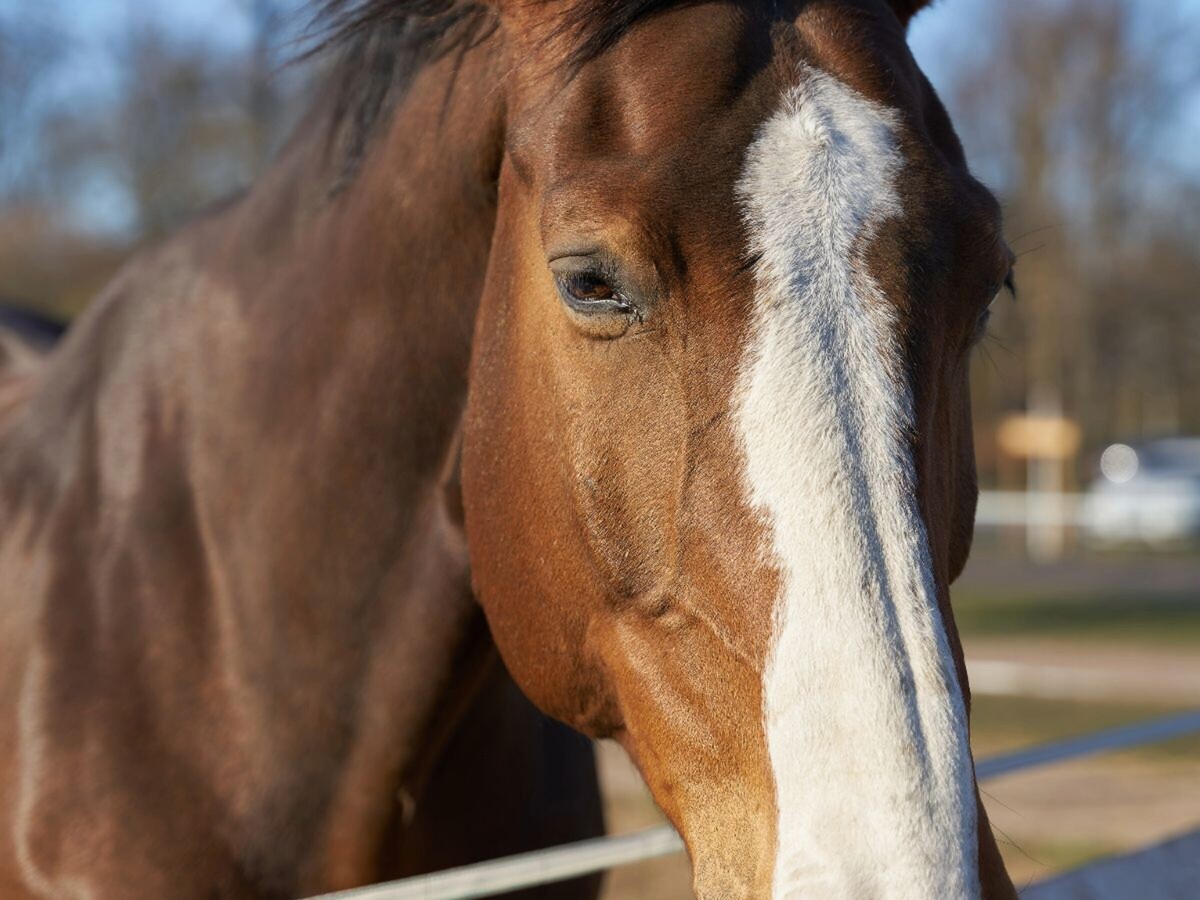Two Horses in Sussex County Diagnosed with Deadly Equine Herpes Virus
The New Jersey Department of Agriculture imposes quarantine to contain the spread of the infectious disease, marking the state's second case this year.
Morristown, NJ - A Sussex County property is now under quarantine after two horses were confirmed to have Equine Herpes Myeloencephalopathy (EHM), a potentially fatal form of Equine Herpes Virus (EHV-1). The announcement came from the New Jersey Department of Agriculture (NJDA) in an effort to contain what is a rapidly spreading and highly infectious disease among horses.
The Key Details
The first affected horse, a 7-year-old Standardbred mare, exhibited signs of the illness on October 1, 2023, but has since shown improvement after receiving medical attention. Sadly, a second horse, a 3-year-old Standardbred mare, developed severe symptoms and had to be euthanized six days later. Other horses on the property are also under strict monitoring and quarantine.
Why it Matters
EHM is a severe neurologic form of the Equine Herpes Virus and poses considerable risks to horse populations. "The Department quickly took the necessary steps in an effort to stop the disease from spreading by placing a quarantine on the movement of other horses to and from the property," said New Jersey Assistant Secretary of Agriculture Joseph Atchison III. "These preventative measures are vital in containing what is a highly contagious virus for horses."
How it Spreads
The virus is primarily transmitted through direct horse-to-horse contact and can cause a range of symptoms including respiratory disease, fever, and in severe cases, death. Notably, the virus has an incubation period of 2-10 days, complicating efforts to quickly identify and isolate affected horses.
Public Health Angle
Although the virus poses no direct threat to humans, it can have serious implications for local equestrian activities and livestock health. The NJDA is currently notifying relevant parties about the recent horse movements in an attempt to control the spread of the disease. This is the second case in New Jersey this year, with the first being reported in Gloucester County in September.
What You Can Do
Horse owners in the area are advised to remain vigilant and consult their veterinarians for diagnostic testing if they notice signs of illness. The NJDA Animal Health Diagnostic Laboratory offers EHV-1 testing and can be contacted via their website for further information.
This news serves as a pressing reminder for the equestrian community and livestock owners in Morris County and throughout New Jersey to remain alert to potential health risks affecting their animals. If a horse shows signs of neurologic impairment, immediate veterinary attention is crucial.















